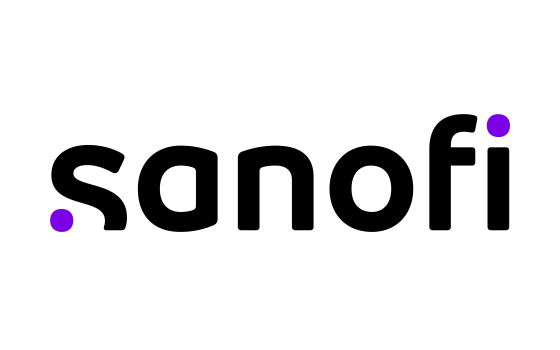 The U.S. Food and Drug Administration (FDA) has accepted for review the supplemental Biologics License Application of Dupixent® (dupilumab) as an add-on maintenance treatment in certain adults and adolescents (12 years of age and older) with moderate-to-severe asthma. Per the Prescription Drug User Fee Act, the target action date is October 20, 2018.
The U.S. Food and Drug Administration (FDA) has accepted for review the supplemental Biologics License Application of Dupixent® (dupilumab) as an add-on maintenance treatment in certain adults and adolescents (12 years of age and older) with moderate-to-severe asthma. Per the Prescription Drug User Fee Act, the target action date is October 20, 2018.
Dupixent is a human monoclonal antibody specifically designed to inhibit signaling of interleukin-4 (IL-4) and interleukin-13 (IL-13), two important signaling proteins (cytokines) that contribute to Type 2 inflammation in moderate-to-severe asthma.
The application is supported by clinical data from 2,888 adults and adolescents who participated in three pivotal trials from the LIBERTY ASTHMA clinical development program. Detailed results from the Phase 3 QUEST and VENTURE trials will be submitted for presentation at medical meetings later this year.
The potential use of Dupixent in asthma is currently under clinical development and the safety and efficacy for this use have not been fully evaluated by any regulatory authority.
In March 2017, the FDA approved Dupixent in the U.S. for the treatment of adults with moderate-to-severe atopic dermatitis whose disease is not adequately controlled with topical prescription therapies, or when those therapies are not advisable. Dupixent is also approved for use in certain patients with moderate-to-severe atopic dermatitis in a number of other countries, including the countries of the European Union, Canada, and Japan.
About Moderate-to-Severe Asthma
People who live with moderate-to-severe asthma often experience decreased lung function and have severe attacks (exacerbations) that may lead to emergency room visits and hospitalizations. Despite currently available treatments, there remains an unmet need in patients who suffer from decreased lung function, severe exacerbations, long-term oral corticosteroid use and poor quality of life. Moderate-to-severe asthma is often associated with other Type 2 allergic inflammatory diseases. The disease is characterized by an imbalance or overactivity of certain immune cells and signaling proteins (including IL-4 and IL-13).
Dupilumab Development Program
Sanofi and Regeneron are studying dupilumab in a broad range of clinical development programs for diseases driven by Type 2 inflammation, including pediatric atopic dermatitis (Phase 3), nasal polyps (Phase 3) and eosinophilic esophagitis (Phase 2). These potential uses are investigational and the safety and efficacy have not been evaluated by any regulatory authority. Dupilumab is being jointly developed by Sanofi and Regeneron under a global collaboration agreement.
About Sanofi
Sanofi is dedicated to supporting people through their health challenges. We are a global biopharmaceutical company focused on human health. We prevent illness with vaccines, provide innovative treatments to fight pain and ease suffering. We stand by the few who suffer from rare diseases and the millions with long-term chronic conditions.With more than 100,000 people in 100 countries, Sanofi is transforming scientific innovation into healthcare solutions around the globe.
Sanofi, Empowering Life
About Regeneron Pharmaceuticals, Inc
Regeneron (NASDAQ: REGN) is a leading biotechnology company that invents life-transforming medicines for people with serious diseases. Founded and led for 30 years by physician-scientists, our unique ability to repeatedly and consistently translate science into medicine has led to six FDA-approved treatments and numerous product candidates in development, all of which were homegrown in our laboratories. Our medicines and pipeline are designed to help patients with eye disease, heart disease, allergic and inflammatory diseases, pain, cancer, infectious diseases and rare diseases.Regeneron is accelerating and improving the traditional drug development process through our proprietary VelociSuite® technologies, such as VelocImmune® which produces optimized fully-human antibodies, and ambitious research initiatives such as the Regeneron Genetics Center, which is conducting one of the largest genetics sequencing efforts in the world.